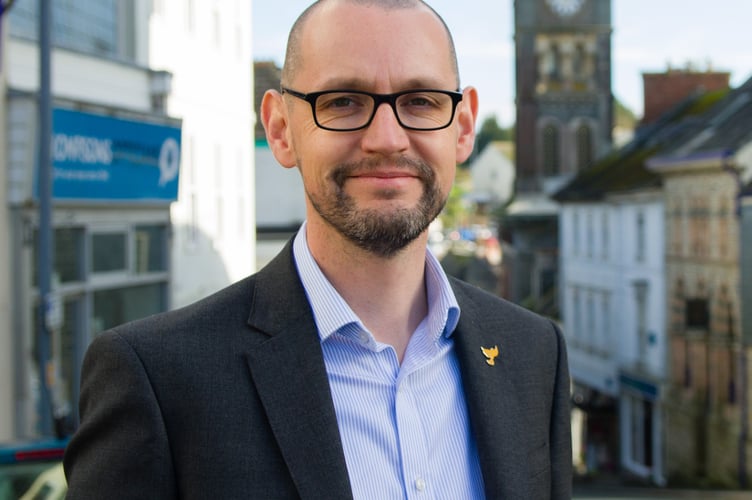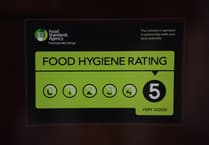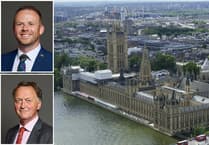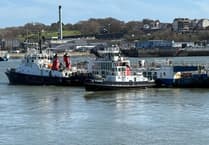A Cornwall Council meeting heard that Cornish lives are worth less than those in other parts of the country this week after Looe councillor Armand Toms raised concerns surrounding the safety of Cornwall’s most dangerous road, the A38.
The comment came during a full council discussion to improve safety on Cornwall’s most dangerous road. Councillor Armand Toms tabled a motion asking for the council to press National Highways for the dualling of the A38 in south east Cornwall, where he said drivers are two and a half times more likely to be seriously injured or killed.
Cllr Colin Martin, who represents Lostwithiel and is the leader of the Liberal Democrats group at Cornwall Council, asked for a meeting with south east Cornwall’s MP Sheryll Murray to ensure the Government’s policy on accidents is fairer for people in Cornwall.
Addressing the council’s new portfolio holder for transport, Cllr Richard Pears, at New County Hall / Lys Kernow in Truro yesterday (Tuesday, September 19), he said: “Thinking about the A38 and funding, are you aware that the funding model for justifying value for money on investments funded by the Treasury calculates the benefits and the costs based on not just the number of people using the road, but average local wages?
“Because average wages in Cornwall, particularly south east Cornwall, are lower than the national average, someone being stuck for an hour in a queue on the A38 in Cornwall is worth less to the Government than someone stuck for the same amount of time in queue on a road in Surrey.”
Cllr Martin added: “The way that they calculate the value of an accident is not actually based on the person who’s been injured, it’s based on the loss of working time of the number of people stuck in the queue. The way they calculate the value of a death is not so much on the pain and suffering caused to the family, it’s based on the loss of working time of the person who’s died. But because it uses the average lower wages in Cornwall it means that the Government’s policy for funding roads says Cornish lives are worth less than lives in other parts of the country.”
He asked Cllr Pears if he was aware of the policy. The head of transport replied: “No, that’s the first I’ve heard of that. I’ll look into it and get back to you.” Cllr Martin then asked if they could organise a meeting with Sheryll Murray “to raise the issue that the Government’s policy has that calculation in place and to lobby for the reverse to be the case because areas with lower than average wages need more investment”.
“If we had better railways, roads and broadband that would be able to close the gap and would give Cornish lives the value that they really have.”
Cllr Pears said if the information provided by Cllr Martin “all checks out” he would look into what could be done about it. “I certainly wouldn’t want the lives of Cornish people to be valued at any less.”
National Highways has previously announced a package of measures for the A38 including speed cameras, improved road and junction layouts, upgraded bus laybys, reduced speed limits, improved signage, lighting and traffic signalling. However, the Department for Transport announced earlier this year that the promised improvement work, which was due to take place between 2025 and 2030, has now been delayed as it “balances the books”. The work is now planned between 2030 and 2035 which many councillors, residents and businesses in south east Cornwall believe is far too late.





Comments
This article has no comments yet. Be the first to leave a comment.